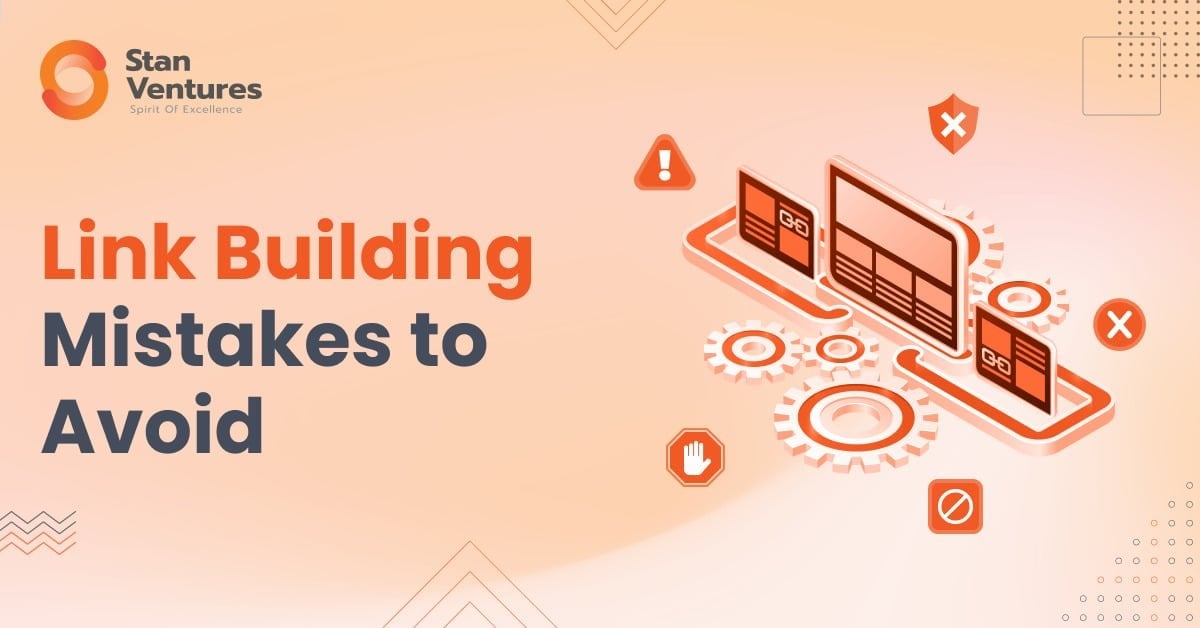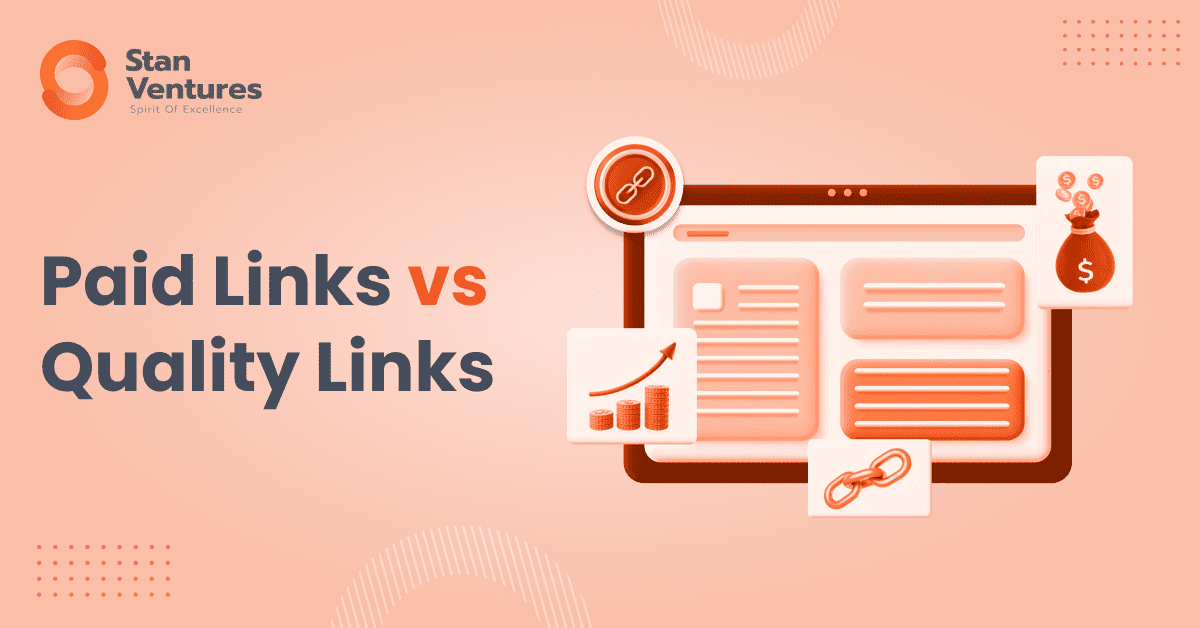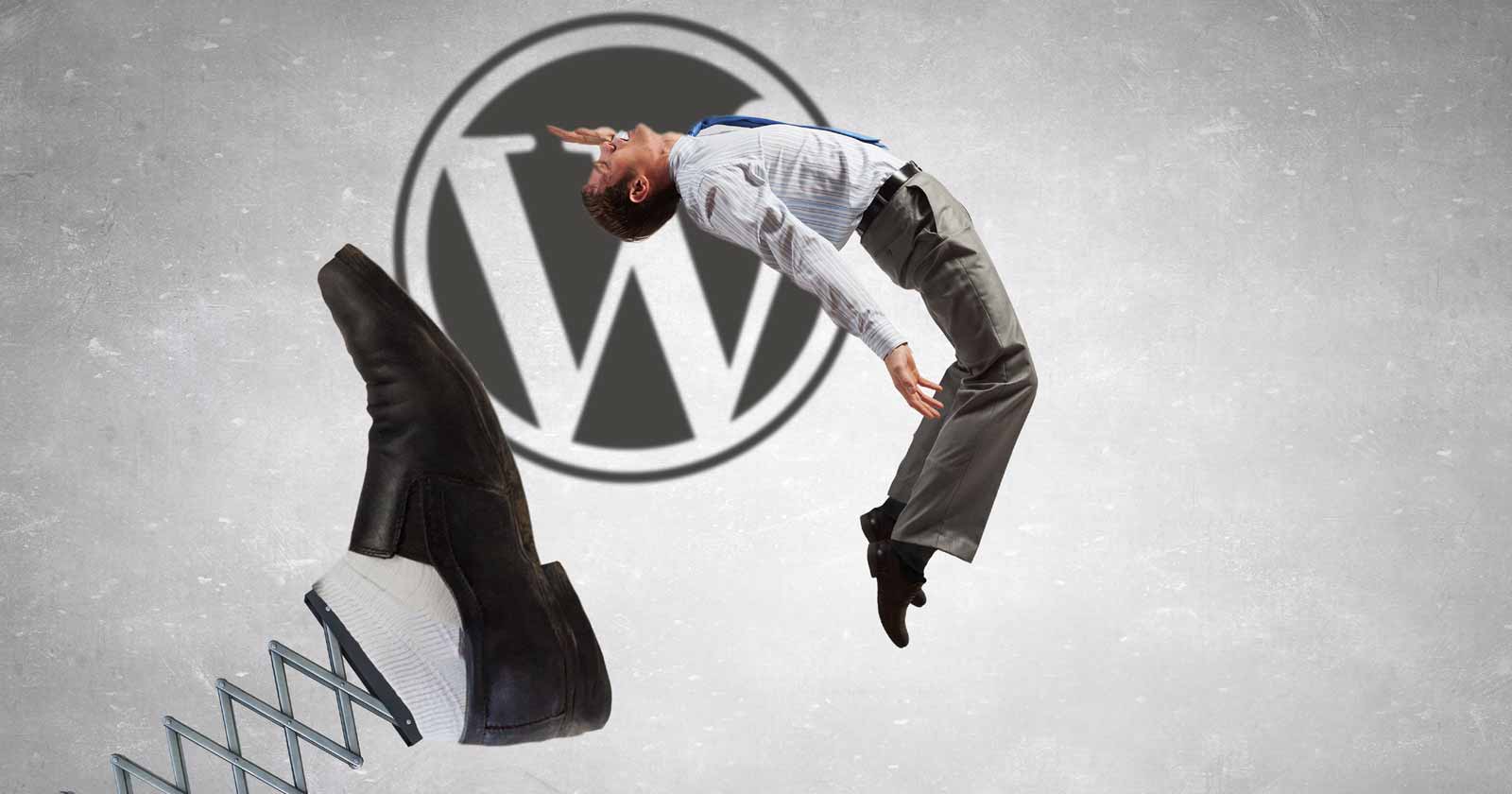Link Building Mistakes to Avoid in 2023
Are you trying hard to enhance your website’s authority, rankings, and organic traffic, just like countless other website owners out there? It’s a common goal shared by every website owner and marketer, but achieving it requires assistance from search...

Are you trying hard to enhance your website’s authority, rankings, and organic traffic, just like countless other website owners out there? It’s a common goal shared by every website owner and marketer, but achieving it requires assistance from search engines like Google.The truth is until a brand is positioned so well that people go and search for the brand name or specific products offered by the brand (like Nike or Adidas), it needs to appease search bots.
We know that content is King for Google, but as the saying goes, “A successful King is often supported by a wise and powerful Queen.” And in SEO terms, if the content is King, then the backlink is the Queen that supports it to rank higher on Google.
But Google also goes by the proverb, “Caesar’s wife must be above suspicion”, which means building the wrong links can cause chaos, penalties, and even deindexing.
I decided to write this blog because link building is something that website owners and marketers get wrong and repent for as long as Google clears them from penalties.
So, let’s get started with link building mistakes!
1. Building backlinks from low authority websites
Imagine your website is a garden, and backlinks are like the flowers that bloom in it. Just like how having a few beautiful flowers can make the garden look charming and attract bees, having a few high-quality backlinks can boost your website’s reputation and result in a higher search engine ranking. On the other hand, having a large number of low-quality or irrelevant backlinks is like having weeds or parasites attached to your website.
These bad backlinks can harm your website’s credibility and make it harder for you to rank on search engines.
So, it’s crucial to prioritize the quality of your backlinks over quantity. Instead of going after low-authority websites, focus on building relationships with reputable sources. Though there isn’t a tool from Google to check the quality of a website, you can use third-party SEO tools such as Ahrefs, SEMRush or Moz to check the authority of a website.
2. Linking from non-relevant sites
Building links from irrelevant websites is like shooting yourself in the foot. It hurts not only your website’s reputation but also its search engine ranking. Google’s recent update, the Helpful content update, focuses on delivering relevant and useful content to users, and this means that websites that cover everything under the sun will be penalized (except for news websites and recognized publishers).
These kinds of websites are often the ones that sell backlinks to make a quick buck, but this strategy is like playing with fire. Websites that don’t provide helpful information, including external links that are placed on their content, will see a massive drop in their search engine ranking.
Think of it this way – would you trust a website that talks about cooking, finance, and gardening all in one place? Probably not. Google is becoming more sophisticated in identifying websites that are specific to certain niches, and if you fail to provide relevant links and helpful content, your website’s ranking will suffer.
For instance, if a law firm’s website has backlinks from generic technology blogs, entertainment sites, and travel sites, it becomes difficult for Google to identify the website’s niche. As a result, Google may not rank the website at all, suspecting the irrelevant links to be of poor quality.
In fact, when you are building backlinks to your website, make sure that the domain you select isn’t linking back to thousands of websites that are totally unrelated.
3. Links from Poor / Plagiarized / Duplicate Content
Imagine working hard to build a website with quality content, only to find out that unscrupulous link-building agencies have been linking to your site with thin or plagiarized content. It’s a nightmare scenario that can damage your website’s reputation and get you penalized by search engines.
Unfortunately, some agencies will take shortcuts to get your website more backlinks, and this often involves using poor or plagiarized content. They simply copy content from other websites, add your backlink, and publish it on any website that will accept it.
The problem with this approach is that it’s a surefire way to get low-quality backlinks from domains that aren’t worth linking to in the first place. When a website accepts any type of substandard content, it’s a clear sign that they’re not operating at a professional level.
To avoid this pitfall, it’s crucial to ensure that backlinks to your site are built using 100% non-plagiarized content. This will ensure that you’re getting high-quality backlinks from reputable websites.
Another thing to keep in mind is the issue of duplicate content. If the same website has published multiple posts about similar topics, Google’s algorithm will decide which content is the best and rank it accordingly. This means that any duplicate content and links within it will be devalued, rendering them ineffective.
4. Backlinks from Sites With Toxic Link Profile
Have you ever come across a website with a backlink profile that’s downright spammy or irrelevant? It’s a clear sign that the website is not worth getting a backlink from. But how do you determine if a website’s link profile is trustworthy or not?
One way to do this is by checking the website’s spam score on Moz or its toxic score on SEMRush. These tools will give you an idea of how reputable the website is and whether its backlink profile is healthy.
A high number of irrelevant or spammy backlinks to a website is a major red flag. It’s a sign that the website is not investing in quality link building practices and is likely using black-hat tactics to boost its rankings. If you build backlinks from such websites, you’ll end up passing highly toxic juice to your site, which can negatively impact your search engine rankings and reputation.
On the other hand, a reputable website will have a neat and tidy link profile. This means that they either remove bad backlinks or disavow them on Google to maintain the integrity of their backlink profile.
5. Avoid Sites That Have All Dofollow Links
Google considers a dofollow link as a signal of approval from a website, indicating that it should pass link juice to your site. However, if a website is only providing dofollow links or only getting dofollow links, it can raise suspicion and potentially harm your site’s search engine rankings.
A website that looks natural and trustworthy will have a mix of nofollow, dofollow, and UGC links. This diverse link profile indicates that the website is building links in a natural and organic way, which is more likely to be viewed positively by search engines.
On the other hand, if you come across a website that only has dofollow links, it’s best to avoid getting a backlink from it. This is because having too many dofollow links can raise a red flag for search engines, and getting links from such sites can potentially harm your site’s reputation.
The same applies when you build backlinks to your website. Make sure you have an ideal ratio of different types of backlinks.
6. Avoid Using Too Many Exact Match Anchor Text
It’s understandable that you want to rank for your targeted keyword, but don’t you think it’s important to do it the right way?
Building backlinks with exact match anchor text might seem like a quick and easy win to the top of search engine rankings, but it could do more harm than good.
In fact, websites that build backlinks using exact match anchor text without regard for grammar or context are essentially leaving a trail of breadcrumbs for search engines to penalize.
When search engines detect an unnatural pattern of exact match anchors pointing to a website, they may view it as an attempt to manipulate search rankings and thus slap it with a penalty.
But that’s not the only problem with focusing solely on exact match anchor text. By doing so, you’re missing out on the opportunity to rank for related and LSI keywords that could drive more traffic to your site.
That’s why it’s important to choose websites for building backlinks that have a diverse anchor text profile that’s relevant to your niche. This will not only help you avoid penalties but also ensure that you’re attracting the right kind of traffic to your site.
So, when it comes to building backlinks, remember that quality and relevance always trump quantity and exact match anchor text. By taking a more natural and diverse approach to link building, you’ll improve your search engine rankings and attract more valuable traffic to your site.
7. Building Links in the Wrong Context
Can you believe that some websites actually build links that end up doing more harm than good? It may seem hard to fathom, but I’ve personally encountered clients who’ve been burned by their previous agency’s link-building efforts. They’ve complained that the links they got were placed in a negative context, which is obviously the last thing you want when you’re trying to build your online presence.
Let me give you an example to illustrate how this happens. Say you’re in the fitness, wellness, or CBD niche. To build backlinks, you need content that supports your anchor text naturally, right? But sometimes, the article itself takes a negative stance on your product, and the link ends up being placed where your product is portrayed in a bad light.
This is a big problem because when search engines see multiple websites linking to a page in a negative context, it can really damage the page’s reputation. Instead of boosting your page’s rankings on Google, the link can actually cause your rankings to drop. And what’s worse is that many websites end up paying their agencies even more money to fix the damage that these bad links have caused.
So it’s absolutely crucial to review the content and context of link placement before anything goes live on a third-party website. Don’t let a careless mistake like this sabotage your online success.
8. Building too many Backlinks Too Quickly
Instead of trying to build as many backlinks as possible in a short period of time, it’s important to take a more measured approach. Building backlinks should be done with care and consistency rather than in one big push.
Unfortunately, many new website owners make the mistake of thinking that the more links they have, the better their search rankings will be. As a result, they end up building too many links in a matter of weeks, which can easily be identified by search engines as a shady link building strategy.
Instead of taking this approach, it’s better to focus on building a natural backlink profile over time. This means creating high-quality content that other websites will want to link to and reaching out to other website owners to request links in a thoughtful and strategic way. By taking the time to build your backlinks in a responsible and sustainable way, you can help ensure that your website will be successful in the long term.
Building high-quality backlinks is crucial to improve a website’s authority, rankings, and organic traffic. However, it’s essential to avoid making mistakes that can harm a website’s reputation and cause penalties from search engines.
Focusing on the quality of backlinks over quantity, building links from relevant websites, using 100% non-plagiarized content, and avoiding links from websites with toxic link profiles are some of the best practices to follow.
By following these guidelines, website owners and marketers can build an effective backlink strategy that improves their website’s visibility and credibility, driving traffic and conversions.
Author
Dileep Thekkethil
Dileep is a recognised SEO expert and an author who has been active in the SEO industry for more than 12 years. He currently contributes to Stan Ventures and has written articles on more than 100+ publications about SEO and digital marketing in general. You can reach him using the links provided below for any SEO queries that you may have. @Mail | LinkedIn | Twitter | Facebook or View all posts by Dileep

 ValVades
ValVades 
































